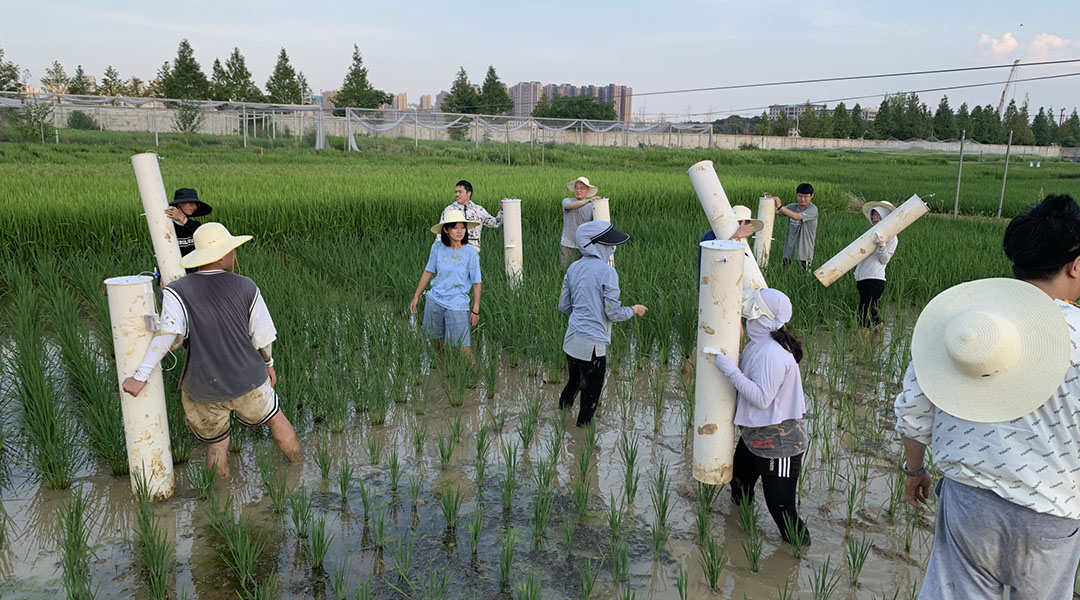A sand-like material can be extracted from seawater by adding carbon dioxide, potentially making the building industry more sustainable.


A sand-like material can be extracted from seawater by adding carbon dioxide, potentially making the building industry more sustainable.

Engineered Escherichia coli bacteria could be used to make sustainable biobased plastics.

Microplastics facilitate a “super slime” that is resistant to antibiotics, sparking concern about antibiotic resistance in heavily polluted areas.

Scientists in Finland have developed a method that can achieve a tenfold increase in pesticide retention on farmed crops.

A comprehensive study by Sea Otter Savvy reveals the significant energy costs of human disturbance on sea otters, highlighting the need for better conservation practices to protect these vulnerable marine mammals.

Researchers have developed efficient catalysts by combining palladium with organic molecules, significantly reducing the cost of hydrogen fuel production.

This new high-tech window glass reflects heat and radiates excess warmth into space, slashing air conditioning energy use by up to 40%.

A new hydrogel extracts water from the air, offering a sustainable alternative to bottled water and addressing global water shortages.

Scientists at the WEST tokamak in France set a new plasma duration record, bringing us closer to achieving nuclear fusion for clean energy.

A new rice variety that combines high yield with low methane emissions could help farmers tackle climate change.